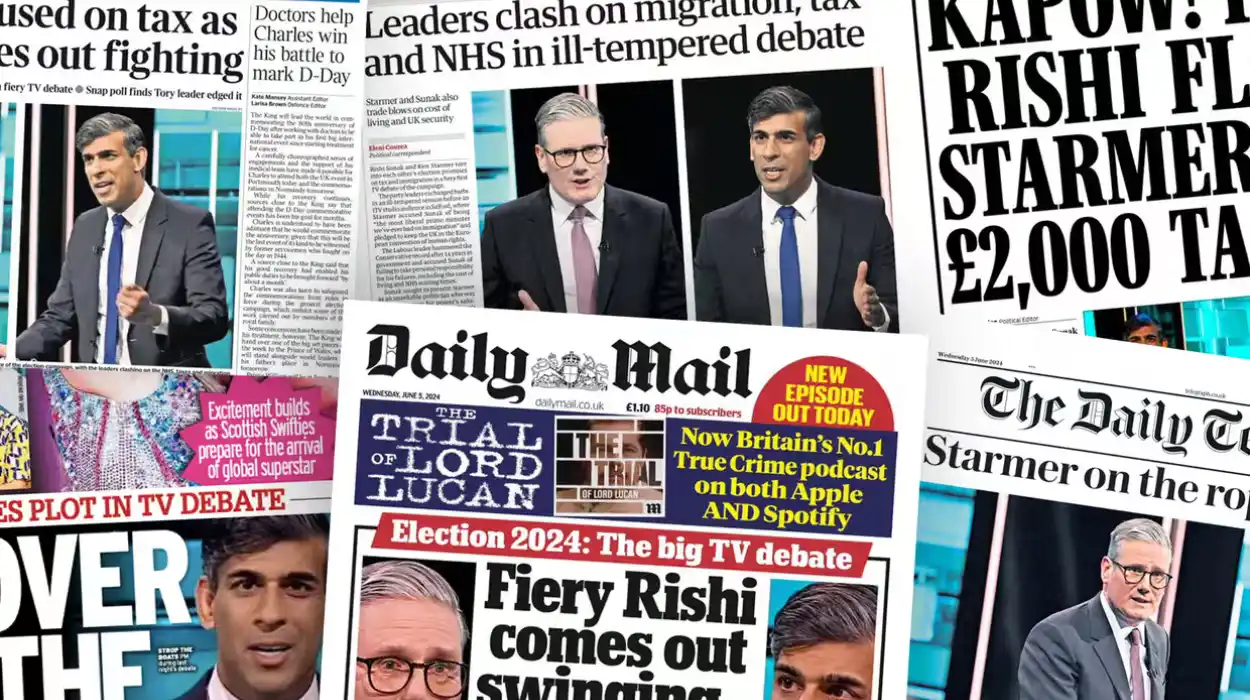The Guardian claims that UK lawmakers are refusing to name the media organizations who pushed for laws restricting foreign state ownership of British publications. The UK government said last month that it would increase the proportion of British newspapers that might be owned by a foreign state to 15%, a threefold increase.
The modification opens the door for a group, including an investment entity supported by the United Arab Emirates, to purchase the Telegraph.
Why did ministers keep consultation responses confidential?
Ministers have, however, taken the unprecedented step of requiring the identities of four media outlets that participated in a consultation on the matter to remain confidential. According to a cross-sectoral panel of peers examining the proposed legislative change, they were instructed not to identify the participating corporations.
“We were asked by the department not to reveal the identity of the organizations which responded,”
the group, which includes Labour peers, stated. “The department’s choice to maintain the confidentiality of information pertaining to public consultation participants worries us. This is an unusual approach, particularly considering that the public consultation document said that “a list of the organizations that responded” will be included on the department’s website along with a summary of the main comments highlighted.”
How is DMGT involved in Gulf state lobbying?
Ministers have also apparently heard from Lord Rothermere’s Daily Mail and General Trust (DMGT) group, which owns the Daily Mail, Mail on Sunday, and the i Paper. What stance any corporation took is unknown. Weeks before the legal change was revealed, a team from the UAE met with Downing Street officials.
Due to its ties to the Gulf, DMGT has concentrated its events business there. Among the prominent media personalities that met with US President Donald Trump and Qatari Emir Tamim bin Hamad Al Thani in Doha last month was Lord Rothermere.
What are the national security concerns with foreign ownership?
The legal reform, which will be put to a vote in the House of Commons, is perceived as a component of Keir Starmer’s efforts to attract foreign investment in an effort to boost the UK economy. However, any relaxation of the state ownership statute raises concerns in parliament.
One unnamed corporation lobbied for the threshold for foreign state ownership to be raised to 25% of a newspaper, according to the government’s assessment of the reasons made to it over the proposed legislation change. It cited national security legislation that permits foreign governments to acquire a quarter of critical infrastructure, including nuclear power facilities.
The growing influence of money supported by Gulf nations in the media is evidenced by the demand to loosen the regulations governing state ownership. Saudi Arabia already has broadcast sports rights through the streamer Dazn, and the United Arab Emirates is vying for a piece of the Telegraph.
With a minority holding owned by IMI, a UAE-controlled company, the legislation change essentially opens the door for the US fund RedBird Capital to purchase the Telegraph. As a member of RedBird’s consortium, Lord Rothermere is currently negotiating his minority investment in the Telegraph Media Group. The takeover hasn’t happened yet, though.





